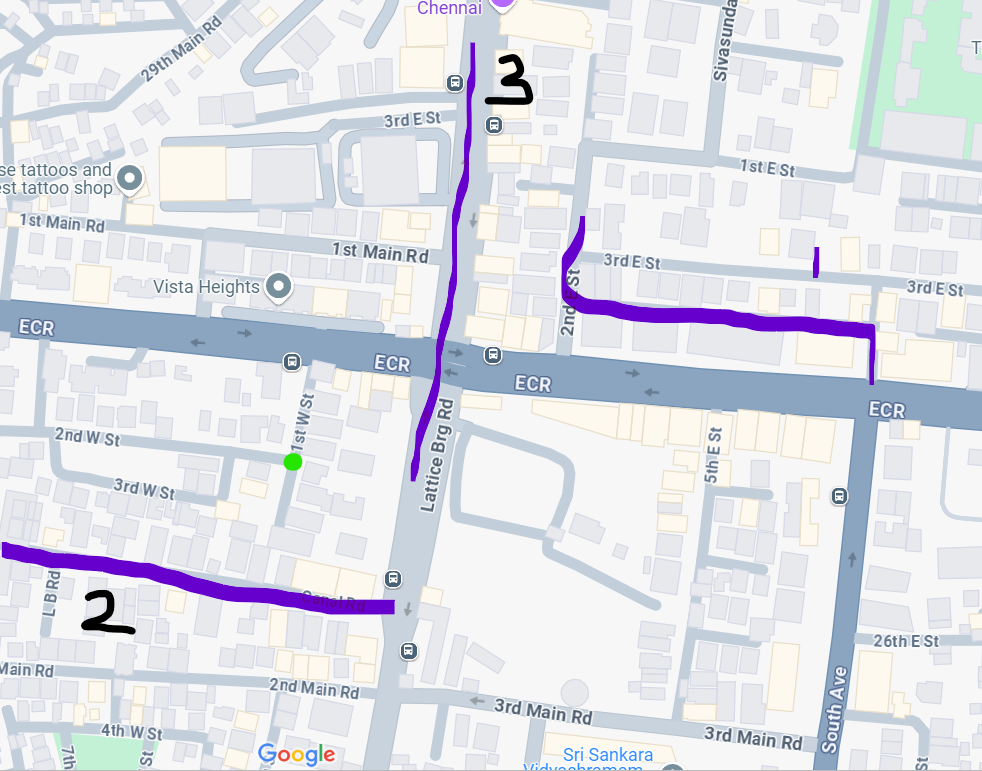A single column. Just numbers ticking upward.
53 days. 67 days. 57 days.
This is my Notion “Days Since” dashboard — the quiet proof that small, consistent actions compound into something extraordinary.
Why Tracking Small Wins Matters
Most of us overestimate what we can do in a week and underestimate what we can do in a year.
When you track your habits, every day becomes a brick in a wall you’re building. That tiny number climbing from 1 to 2 to 10 creates a sense of momentum that’s hard to break — because you start seeing yourself as someone who doesn’t skip.
My Journey with Atomic Habits
Earlier this year, I set out to make lasting changes in my life. Like many, I had tried before and failed. This time, I applied James Clear’s Atomic Habits framework:
-
Make it obvious: I designed my environment to support my goals.
-
Make it attractive: I reframed habits as investments in my future self.
-
Make it easy: I started with tiny, realistic steps.
-
Make it satisfying: I celebrated small milestones and watched the streak grow.
That’s how I quit smoking and alcohol, two habits I had carried for years. I didn’t “quit cold turkey” in the traditional sense — I built systems that made my new identity inevitable.
Three Simple Strategies to Build a Habit That Sticks
-
Start embarrassingly small. Commit to just one minute of the habit. Momentum matters more than intensity.
-
Track it visually. Watching your streak grow creates an emotional connection that makes missing a day feel costly.
-
Pair it with identity. Instead of saying, “I’m trying to quit,” say, “I’m not someone who smokes/drinks/skips workouts.”
Choose One Habit Today
Here’s the truth: You don’t need to overhaul your life. You just need to start one streak. Pick one action that your future self will thank you for, and let the counter climb.






